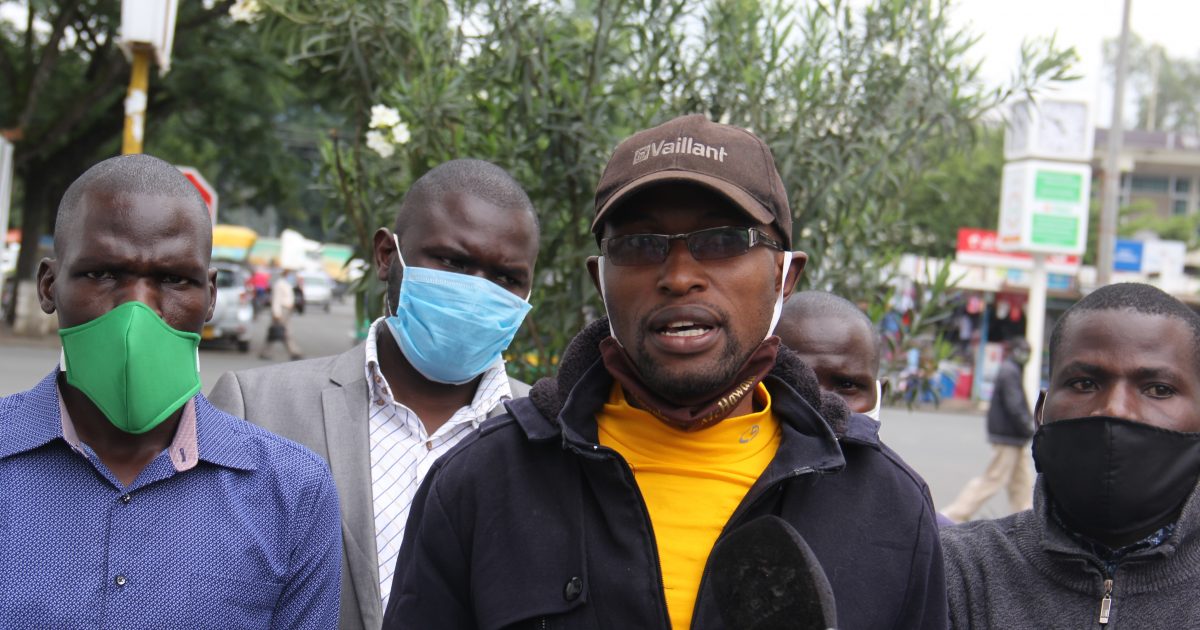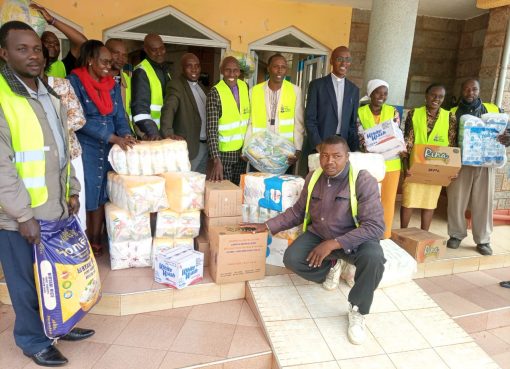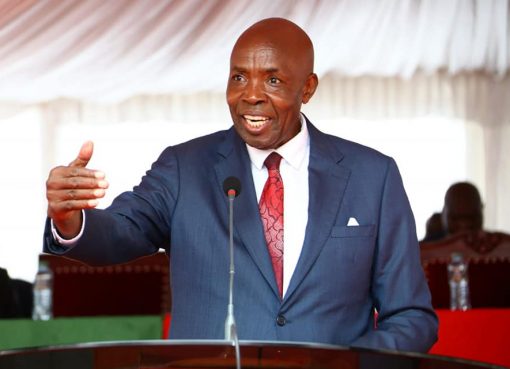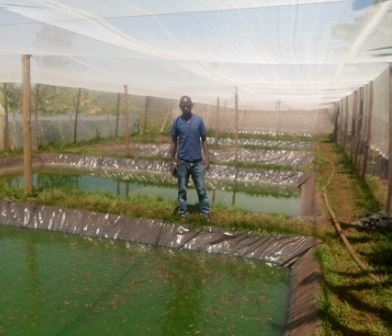Teachers at private institutions in Nakuru have petitioned the national government to establish an emergency fund that will cushion them from adverse economic effects caused by outbreak and spread of Covid-19.
The Private Schools Teachers Association of Kenya (PSTAK) Nakuru Chapter Secretary, Hawala Fredrick said their members should be listed as vulnerable persons after institutions that are currently facing financial crisis started laying them off without paying their dues.
“Private schools, unlike public ones do not receive capitation funds from the government. They are now unable to pay their teachers and other staff salaries as they entirely depend on the school fees paid by parents.
If this pandemic continues, most of these schools will cease to exist. Already things are very difficult on our side as since April most of our members have not received any salary from their employers,” said Fredrick.
Speaking in Nakuru, Fredrick who was flanked by PSTAK Board members, Stephen Juma and Henry Konga said the payment crisis had worsened after parents resented a move by private school owners and managers to continue paying fees following the unprecedented closure of learning institutions worldwide due to the coronavirus pandemic.
He further petitioned the national government to consider roping in non-teaching staff of the institutions into a Sh.40 billion programme that was set aside to cushion needy households in urban areas from economic shocks following reduced activity in the wake of Covid-19 outbreak.
Last month the state approved the use of the over Sh.40 billion that will be raised from austerity measures effected at both national and county government levels, including cutting of international and domestic travel, and some Sh.2 billion recovered proceeds of corruption to cushion groups made vulnerable by effects of Covid-19.
Juma said some of the teachers in private schools were battling depression after institutions resorted to asking their staff to take compulsory unpaid leave.
Late last month there was a standoff after a section of parents accused a number of institutions of charging extra fees for online classes that they are offering to mitigate the nationwide closure of schools.
Mr Juma said private institution play a critical role in the country’s education sector and that they should not be allowed to collapse during the current crisis.
He stated that there were more than 1,932 private secondary and 8,000 private primary schools in the country that were supplementing government’s public institutions in offering education to both locals and foreigners.
Most of the private schools are situated in urban regions of Nairobi, Mombasa, Kisumu, Eldoret, Nakuru, Machakos, Athi River, Kitengela and Nyeri, where parents can afford the high fees charged.
International schools have also been attracting many students, majorly from the elite parents and diplomats.
Following the closure, 15 million primary and secondary school learners are now at home. According to this year’s school calendar, primary and secondary schools were scheduled to close by April 10.
Second term was scheduled to begin on May 4 and end on August 7 while third term was scheduled to open on August 31 and end on October 30.
By Anne Mwale/Jane Ndiritu





